 Addiction to heroin impacts the lives and loved ones of approximately 700,000 Americans. Due to the increased use of prescription pain medications by physicians because of misleading marketing information, the opioid epidemic spiked in the 1990s. Many people who became dependent on drugs like Oxy turned to heroin which is easier to acquire and cheaper. Heroin misuse, as well as addictions to all opioids, is still a severe crisis among veterans. Substance abuse treatment for veterans that includes a heroin addiction program is the safest path to take as you begin recovery.
Addiction to heroin impacts the lives and loved ones of approximately 700,000 Americans. Due to the increased use of prescription pain medications by physicians because of misleading marketing information, the opioid epidemic spiked in the 1990s. Many people who became dependent on drugs like Oxy turned to heroin which is easier to acquire and cheaper. Heroin misuse, as well as addictions to all opioids, is still a severe crisis among veterans. Substance abuse treatment for veterans that includes a heroin addiction program is the safest path to take as you begin recovery.
UpArmor Recovery offers veterans heroin addiction treatment in Mississippi. Reach out today to learn about our heroin rehab program for veterans, how medical detox can help you get started, and what therapy options are available. Connecting with one of our caring and professional staff members is easy. Complete this online form or call us at 855.211.5537.
The Addictiveness of Heroin
The way heroin interacts in the brain easily creates a physical dependence on the drug, which can tip over into full-blown addiction quickly. One of the systems disrupted by heroin is the endocrine system, which produces chemicals that regulate mood and help nerve cells communicate with one another throughout the body.
At first, how heroin engages the chemical-producing structures within the brain creates sensations of serenity and euphoria, typically feelings modulated by the body’s endocrine system. Soon the brain no longer produces its own serotonin (a neurotransmitter) and endorphins (which are hormones), and other chemicals needed for proper functioning. At this point, the heroin user is dependent on heroin to be able to feel even simple pleasure.
Heroin interferes with a person’s:
- Emotional regulation
- Management of stress
- Decision making
- Ability to focus
- Pleasure centers
Eventually, there is no more euphoria. Heroin use becomes a means to simply feel normal. Users gradually increase the amount of heroin used as they chase that elusive high. This cycle of addiction means that overdose and death become real risks. Veterans’ heroin rehab can help.
Why You Might Need a Veterans’ Heroin Rehab
Veterans cope with a range of stressors and trauma that ordinary citizens do not. Heroin is an opioid that can temporarily mask symptoms of depression, anxiety, and post-traumatic stress disorder (PTSD)—all of which are very common among veterans. They are essentially self-medicating mental health disorders that may or may not have been diagnosed by a psychiatric provider. That is a high-risk path to walk.
Admitting to having a problem and needing help is difficult for many people. Veterans often find that they are steeped in a culture in which grit and endurance are highly valued, and that often stigmatizes vulnerability, mental illness, and the very act of asking for help. That makes it even harder for them to reach out when they need professional intervention.
Heroin addiction treatment for veterans can provide a safe place, among other veterans, where you can admit you have an addiction and need help. It is a space where you can be completely honest about your experiences, get help managing past trauma, and begin recovery in earnest.
UpArmor Recovery’s Heroin Rehab Program for Veterans
At UpArmor, you will have access to a wide range of evidence-based and holistic treatments and, depending on your needs and circumstances, can enroll as an inpatient or outpatient. We also offer men’s and women’s heroin addiction treatment for veterans.
Some of the treatment modalities that can be incorporated into your individualized treatment program include:
- Medication-assisted treatment (MAT)
- Cognitive-behavioral therapy (CBT)
- Community reinforcement and family training (CRAFT)
- Dialectical behavior therapy (DBT)
- Eye movement desensitization and reprocessing (EMDR)
- Motivational enhancement therapy (MET)
- Motivational interviewing
For professional heroin addiction treatment in Mississippi, reach out to UpArmor Recovery. We proudly specialize in helping veterans return to sobriety. We look forward to hearing from you. Please call us at 855.211.5537 or use this online form to connect today.

